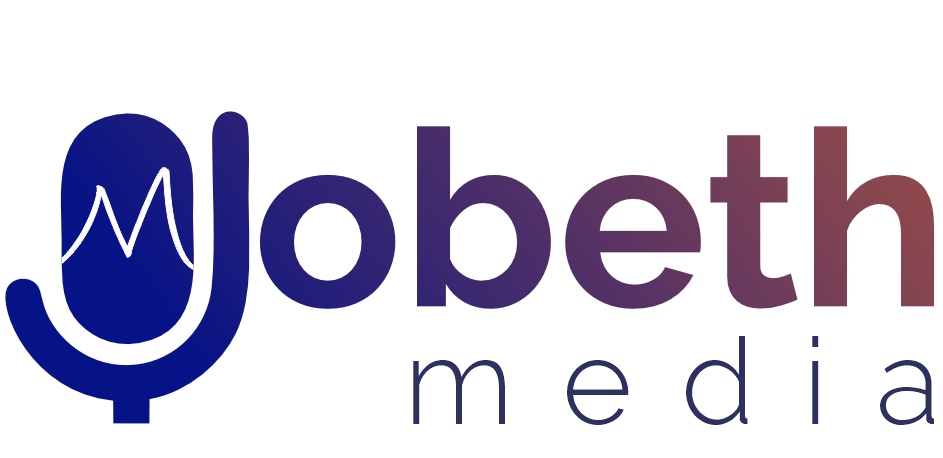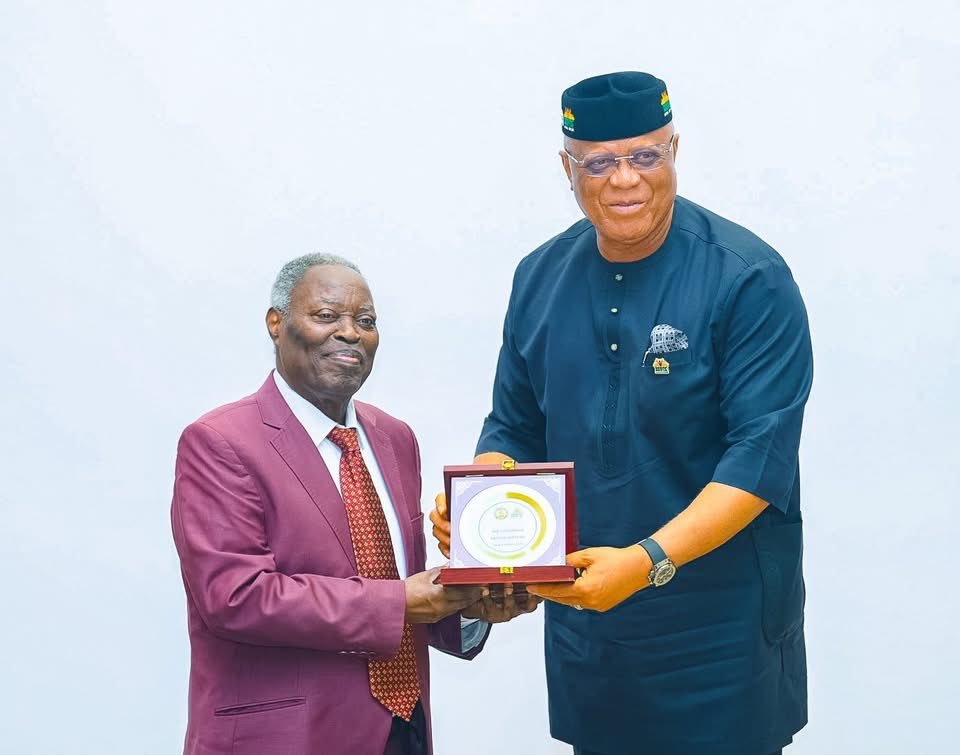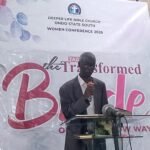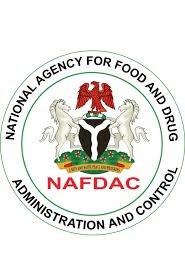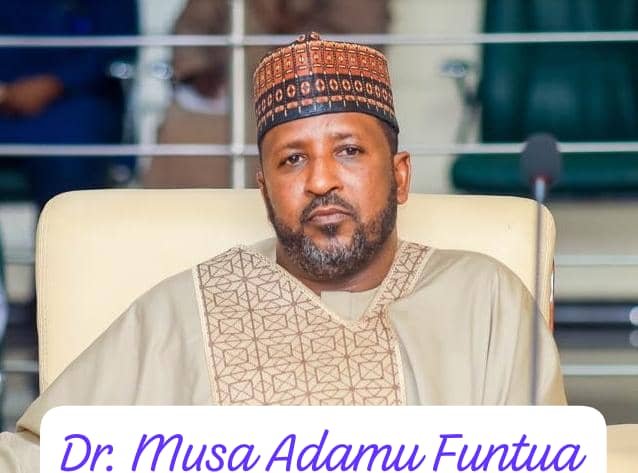NDLEA, EDUCATION MINISTRY TO LAUNCH DRUG INTEGRITY TESTS FOR STUDENTS, OVERHAUL SCHOOL CURRICULUM IN BOLD ANTI-DRUG PUSH
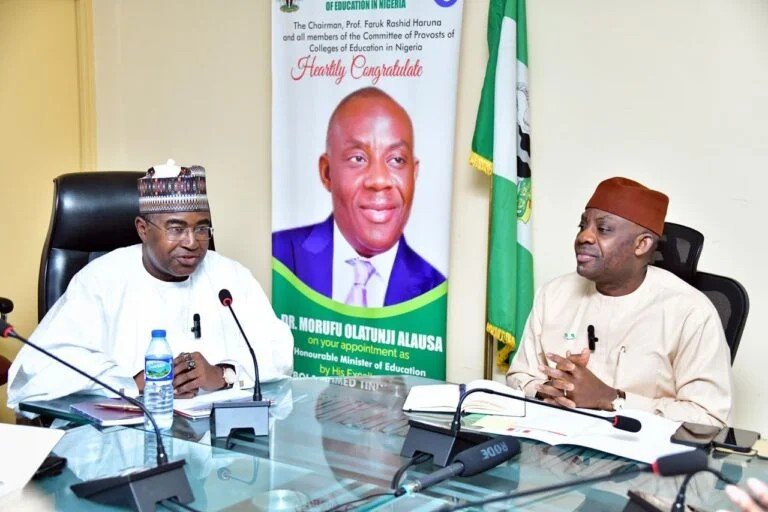
In a decisive move to tackle the escalating substance abuse crisis among Nigerian youth, the National Drug Law Enforcement Agency (NDLEA) and the Federal Ministry of Education have agreed to introduce mandatory drug integrity tests in tertiary institutions and initiate a nationwide review of school curricula to integrate comprehensive drug education.
This groundbreaking initiative was the outcome of a strategic meeting in Abuja on Wednesday, where NDLEA Chairman, retired Brig. Gen. Buba Marwa, led a delegation to the Minister of Education, Dr. Maruf Alausa.
“We are fighting for the soul of our children,” Marwa declared during the meeting. “The use of drugs is not only destroying young lives but also fueling insecurity—terrorism, banditry, and violent crimes. Without drugs, these criminals wouldn’t act the way they do.”
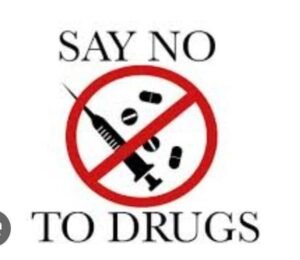
A THREE-PRONGED STRATEGY
Marwa proposed a multi-tiered approach to curbing drug abuse among Nigerian youth, centered on three key areas:
- Curriculum Review: Updating secondary school curricula to reflect the evolving complexities of substance abuse, including new psychoactive substances.
- Standalone Awareness Programs: Launching extracurricular drug prevention programs involving lectures, school competitions, and parental engagement.
- Mandatory Drug Tests in Universities: Instituting a drug integrity testing policy across tertiary institutions to keep campuses drug-free.
The NDLEA boss emphasized that these measures were essential in not only protecting students but also curbing crime and enhancing national security.
STARK STATISTICS AND PRESIDENTIAL SUPPORT
Backed by the support of President Bola Tinubu, Marwa revealed that the NDLEA had arrested over 40,000 suspects, secured nearly 9,000 convictions, and seized over 5,500 metric tons of illicit drugs in the last two years alone.
“From January last year, we seized over a billion pills of tramadol—worth more than ₦1 trillion,” he noted. “We’re also expanding our rehabilitation network, with 30 existing centers and seven new ones underway, plus a model center in each geo-political zone.”

A SHARED VISION FOR YOUTH EMPOWERMENT
Dr. Alausa echoed Marwa’s urgency, acknowledging that substance abuse poses a grave threat to Nigeria’s educational outcomes and youth development.
“When youths fall into drug use, they don’t attend school—or if they do, they’re mentally absent. Their critical thinking is impaired, making them unemployable and prone to crime,” the Minister said. “This creates a vicious cycle we must break.”
To solidify the partnership, Alausa proposed forming an inter-ministerial technical working group and pledged support from key education agencies like UBEC and TETFund. These agencies will work with the NDLEA Academy in Jos to deepen drug education across primary, secondary, and tertiary institutions.
BEYOND LAW ENFORCEMENT: A HOLISTIC NATIONAL RESPONSE
The collaboration signals a shift in Nigeria’s drug control policy—moving from enforcement alone to prevention through education and rehabilitation. By targeting schools and young minds, the NDLEA and Ministry of Education aim to build long-term resilience against substance abuse.
This integrated approach, both leaders believe, holds the promise of reclaiming a generation and redirecting their potential toward national development.
“We must not only arrest and rehabilitate— we must educate, prevent, and empower,” Marwa concluded.
As Nigeria battles a growing drug crisis, this cross-sectoral initiative between law enforcement and education highlights a critical insight— transforming public health and security challenges begins in the classroom.

